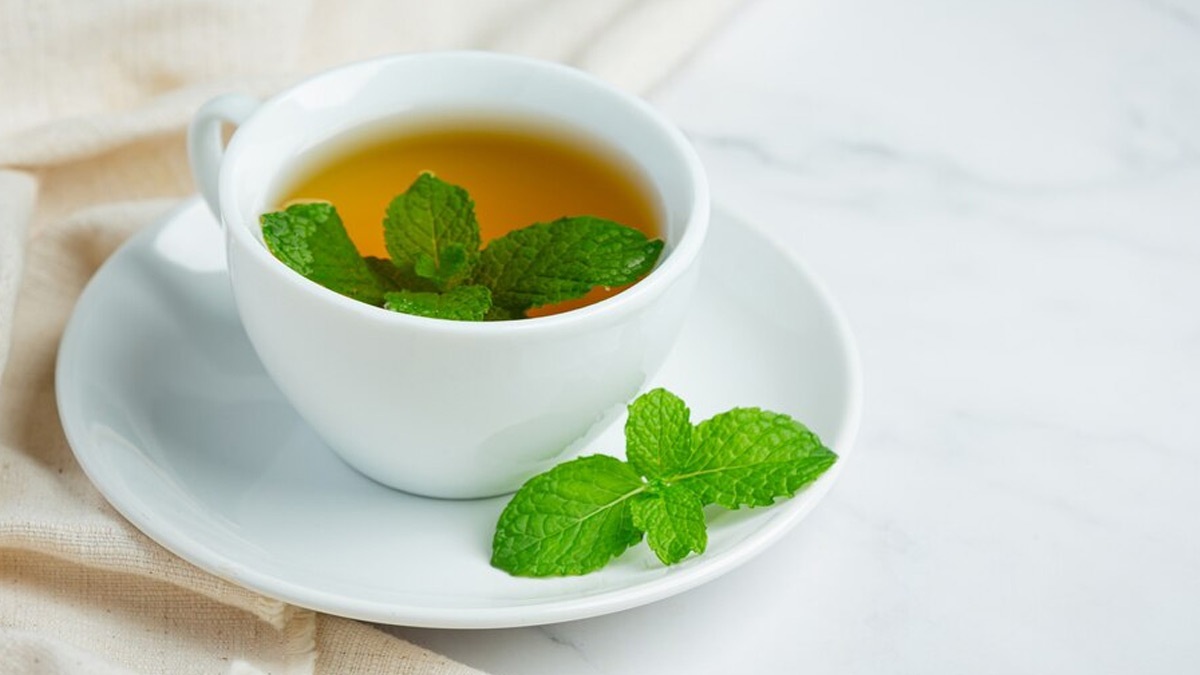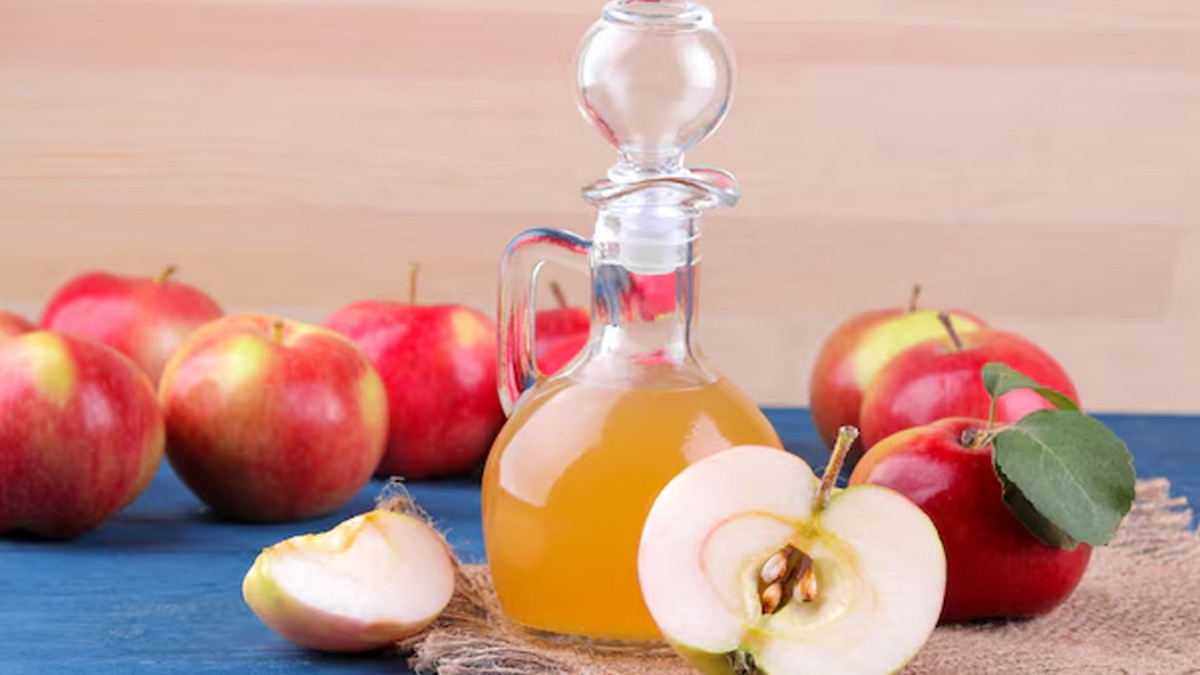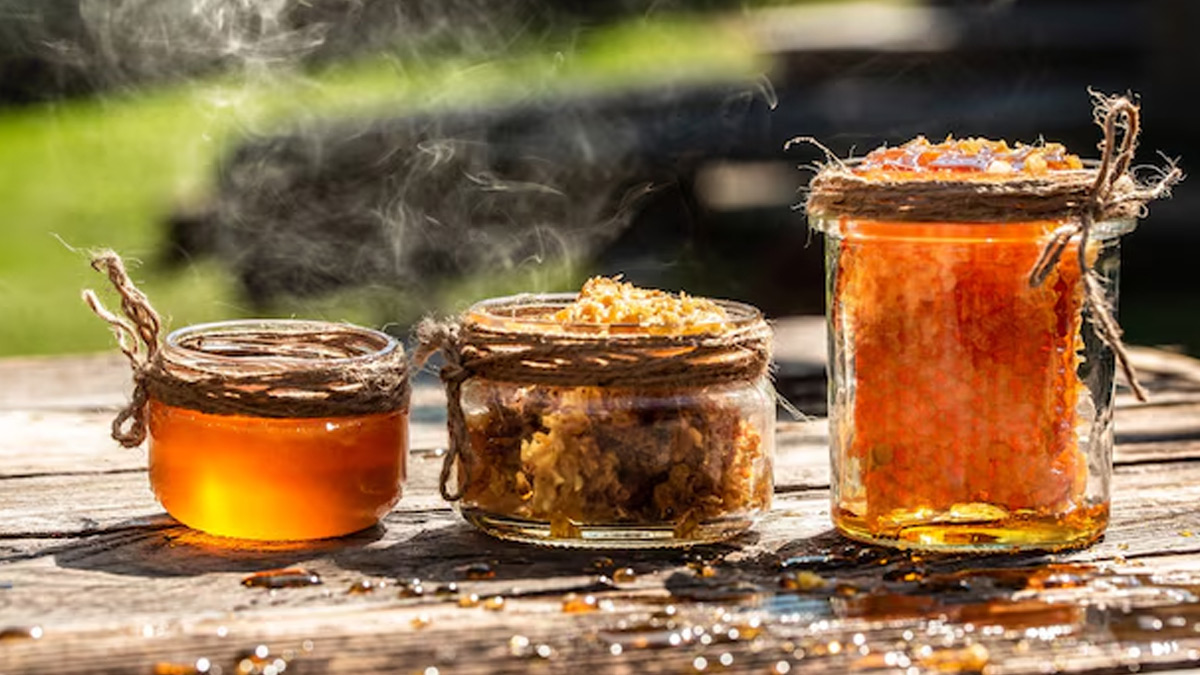
Have you ever found yourself sneezing uncontrollably or rubbing your itchy eyes when the seasons change? Seasonal allergies can be a hassle, making it tough to enjoy the beauty of spring or fall. Pollen, mould, and other environmental factors can lead to sneezing, itchy eyes, and a runny nose. If you're looking for a more holistic approach to managing your allergies, keep reading. In this article, we list simple, effective ways to ease your seasonal allergy symptoms without relying on pharmaceutical treatments.
Table of Content:-
Natural Remedies to fight Seasonal Allergies
1. Local Honey
Local honey is commonly used as a natural treatment for seasonal allergies. The idea is that local honey includes small traces of pollen from your surroundings. You may slowly develop a tolerance to the pollen that causes your allergies by regularly consuming small amounts. This method, often called 'oral immunotherapy,' assists your immune system in becoming less reactive to these allergens.
A 2013 study found that Tualang honey significantly improved allergy symptoms in people with rhinitis, with continued relief even after stopping antihistamines, while the placebo group saw worsening symptoms.
2. Nasal Irrigation with Saline Solution
Nasal irrigation, also known as a neti pot, is a natural way to relieve nasal congestion caused by allergies. A 2023 study suggests that saline nasal irrigation may provide moderate relief for certain seasonal allergy symptoms. It involves using a saline solution to rinse your nasal passages, helping to flush out pollen, dust, and other irritants. This practice can provide immediate relief from congestion and help prevent allergens from triggering symptoms.
Also Read: Why You Should Avoid Nasal Rinsing With Unsterilised Tap Water
3. Herbal Teas to Calm Inflammation
Certain herbal teas have anti-inflammatory and antihistamine properties, making them a great natural remedy for seasonal allergies. Some of the most effective herbs for allergy relief include:

- Peppermint Tea: Peppermint contains menthol, which soothes irritated throats and clears nasal passages.
- Chamomile Tea: Chamomile has natural anti-inflammatory properties that can help reduce swelling in the nasal passages and throat.
- Nettle Tea: Nettle is a natural antihistamine and can reduce inflammation in the body, making it effective in managing allergy symptoms.
Drinking these herbal teas regularly can provide relief from symptoms like nasal congestion, a sore throat, and itchy eyes. Make sure to consult with a healthcare professional before using any new herbs, especially if you are pregnant or on medication.
4. Essential Oils for Allergy Relief
Essential oils are another popular natural remedy for managing seasonal allergies. Many essential oils have anti-inflammatory, decongestant, and antihistamine properties. You can use essential oils in a diffuser, apply them topically (diluted with a carrier oil), or inhale them directly. Here are some of the best essential oils for allergy relief:
- Lavender Oil: Known for its calming properties, lavender oil can reduce the inflammatory response caused by allergens and help ease symptoms like sneezing and congestion.
- Eucalyptus Oil: Eucalyptus oil is a powerful decongestant and can help open up the airways, making it easier to breathe.
- Peppermint Oil: Menthol in peppermint oil can relieve nasal congestion and calm irritated sinuses.
Also Read: Can Allergies Make You More Prone To Common Cold? Expert Insights
5. Apple Cider Vinegar

Apple Cider Vinegar (ACV) is another natural remedy that some people use to relieve allergy symptoms. ACV can help regulate the body’s pH levels, thin mucus, and support lymphatic detoxification. Drinking a small amount of diluted ACV may help reduce symptoms like congestion, throat irritation, and sinus pressure.
A 2017 study found that adding ACV and probiotics to carp diets (non-vegetarian) boosted protective enzymes and antibodies in their mucus. If similar effects occur in humans, this could help reduce allergy symptoms.
6. Stay Hydrated and Eat a Balanced Diet
Finally, one of the simplest ways to support your body’s ability to fight allergies is to stay hydrated and maintain a healthy diet. Drinking plenty of water helps keep the mucus thin and easy to expel while eating a balanced diet rich in antioxidants, vitamins, and minerals supports overall immune function.
Focus on eating foods that are known to boost immune health, such as fruits and vegetables, particularly those high in vitamin C, like citrus fruits, bell peppers, and leafy greens. Omega-3 fatty acids, found in fatty fish like salmon and walnuts, also help reduce inflammation in the body.
[Disclaimer: This article contains information for informational purposes only. Hence, we advise you to consult your own professional if you are dealing with any health issues to avoid complications.]
Also watch this video
How we keep this article up to date:
We work with experts and keep a close eye on the latest in health and wellness. Whenever there is a new research or helpful information, we update our articles with accurate and useful advice.
Current Version
